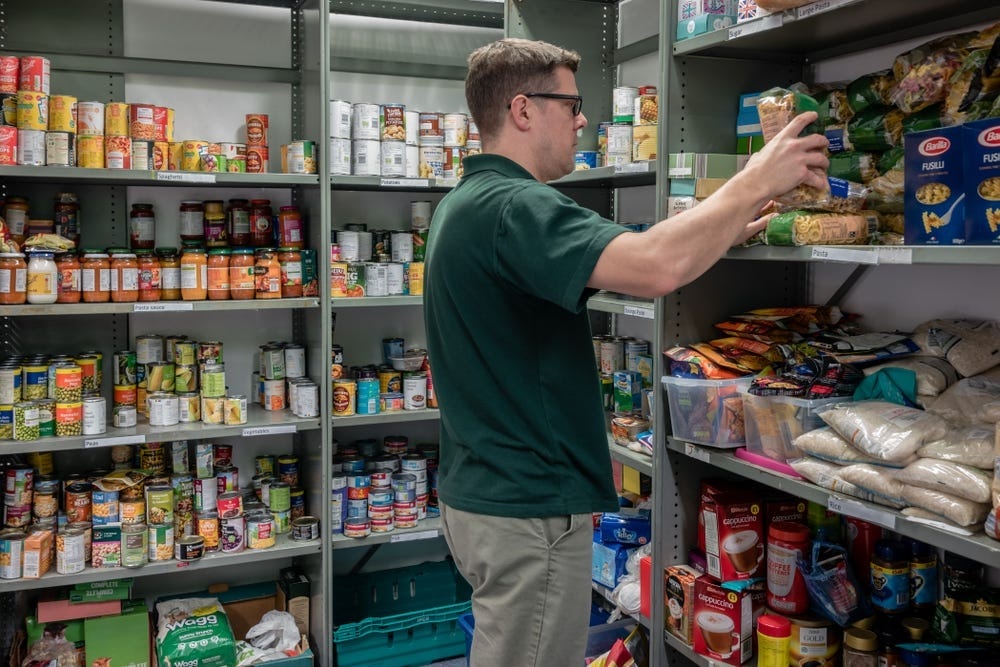For many, the rising cost of living is a daily tightrope walk between necessities and luxuries. But for those with dietary restrictions, it's a tightrope stretched over a chasm. The shelves at food banks, once a safety net, are increasingly bare of the specialized foods they need to stay healthy.
For many, the rising cost of living is a daily tightrope walk between necessities and luxuries. But for those with dietary restrictions, it's a tightrope stretched over a chasm. The shelves at food banks, once a safety net, are increasingly bare of the specialized foods they need to stay healthy.
Imagine a diabetic forced to choose between insulin and a gluten-free loaf of bread. Or a family with a child on the autism spectrum, struggling to find allergy-friendly snacks that won't break the bank. These aren't hypothetical scenarios; they're the lived reality for countless families across the country.
The reasons for this are complex. Food banks rely on donations, and those donations tend to be the most popular grocery items – pasta, rice, canned goods. While these are valuable staples, they're often unsuitable for people with specific dietary needs. Gluten-free alternatives, lactose-free milk, and allergy-friendly snacks are often more expensive, and therefore less likely to be donated.
This creates a vicious cycle. The rising cost of living makes it harder for families to afford these specialized foods on their own, pushing them towards food banks. But the food banks, already stretched thin, simply don't have the resources to meet their specific needs.
The consequences are far-reaching. Forgoing essential dietary needs can have serious health implications, leading to uncontrolled blood sugar, malnutrition, and even hospitalization. It also adds to the mental and emotional burden of already struggling families. The constant worry about finding the right food, the fear of slipping back into illness, it's a weight that no one should have to bear.
So, what can be done? A multi-pronged approach is needed. Food banks need increased support to source and stock dietary-specific items. Public awareness campaigns can help educate people about the challenges faced by those with dietary restrictions, encouraging more targeted donations. And, most importantly, we need policies that address the root causes of food insecurity, ensuring everyone has access to affordable, nutritious food, regardless of their dietary needs.
This isn't just about charity; it's about building a more equitable society where everyone has the opportunity to thrive. Empty shelves at food banks shouldn't translate to empty plates on dinner tables.

